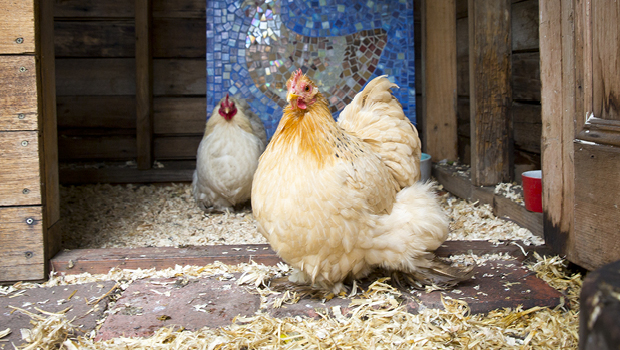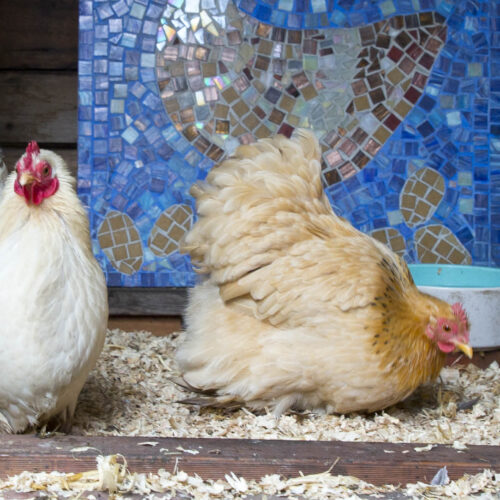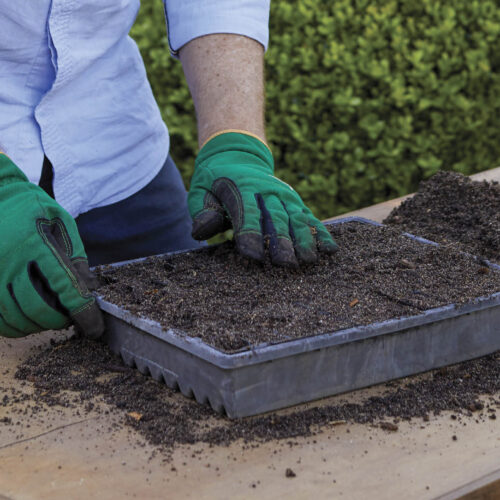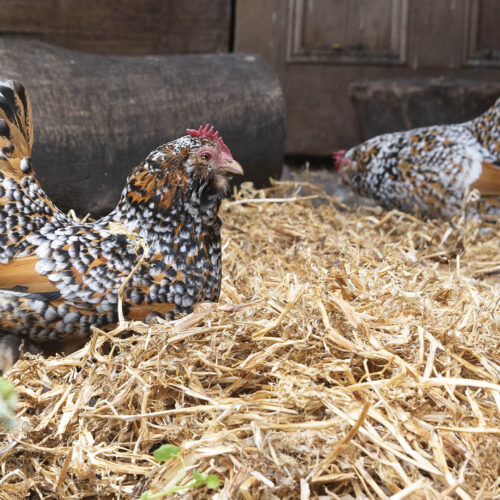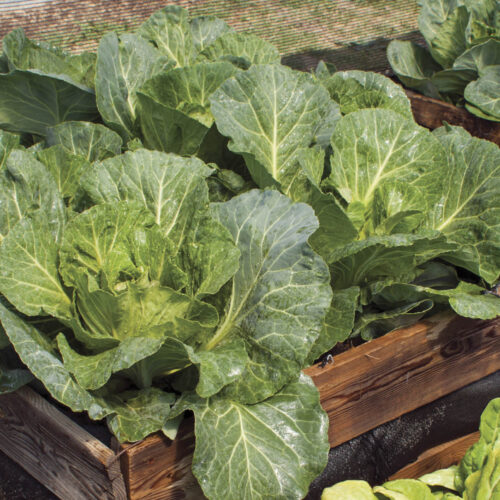Caring for chooks in winter
2020-06-04T07:35:28+10:00
Winter chills and short days will have an effect on your chooks, so read on to find out how to keep them healthy and happy.
Winter has quite different connotations throughout Australia. Chooks up north might be sunning themselves in the pleasantly mild weather, while those in southern climes are enduring a dismal week of rain or high stepping over frosty grass. But they all need a bit of extra care.
Off the lay
Regardless of where you are, shorter days mean that many hens will lay less often or take a complete break. They are not freeloaders, this is their natural cycle, which gives them a well-deserved rest and the opportunity to replenish nutrition stores. It makes perfect sense in nature; cold months when food sources may be scant are no time to be hatching chicks. It’s only temporary; laying is stimulated by increased light levels so once the June solstice has passed and days lengthen, hens will gradually return to lay.
Winter health boosters
Expect chooks to need extra feed in colder weather, so provide a balanced ration of pellets or mixed grains. Chooks appreciate a warm mash on cold mornings; just soak pellets or use a mash premix from the feed store.
A vitamin supplement such as kelp sprinkles on plain yoghurt or a water soluble mix will give birds a health boost and encourage laying. Supplements specifically for poultry are found in online chook product stores; simply follow manufacturer’s instructions.
Damp conditions can lead to an increased worm burden in chooks. For a natural deterrent, put a clove of crushed garlic in fowls’ water for three days each month. Keeping the poultry run as dry as possible will also benefit birds’ health. If yards become muddy and slippery, lay down pea straw, tanbark or shavings so you and the birds have purchase, and they have some litter to enjoy scratching.
Wet weather comfort
Chooks don’t need supplementary heaters or glass windows in our temperate climate, but do make sure they can roost out of cold draughts and the henhouse does not let in rain. It’s a balance as some ventilation is required so moisture doesn’t build up and create fuggy conditions.
If your part of the country receives extended rains, create a dry area in the poultry yard using corrugated iron, shadecloth or even a trampoline base so the girls can scratch around yet remain undercover. Being able to dustbath daily is important; a large planter, a tyre or a box filled with dry soil will do the trick.
Now the cyclone season has wound down in the tropics, it’s a good time to fine-tune your safety plan for the chooks in preparation for next time.
Activities for bored chooks
If chooks are confined due to inclement weather, make sure they have plenty to do. A bale of pea straw provides hours of busyness as they pull it apart and scratch through it. In addition, it gives added warmth and insulation and a dry comfy place to sit, absorbs manure and odours, and once it’s past its best, it can go on the garden as mulch. Everyone’s happy.
For more tips on taking care of backyard chickens try these articles:
Storing chicken feed for maximum nutrition

